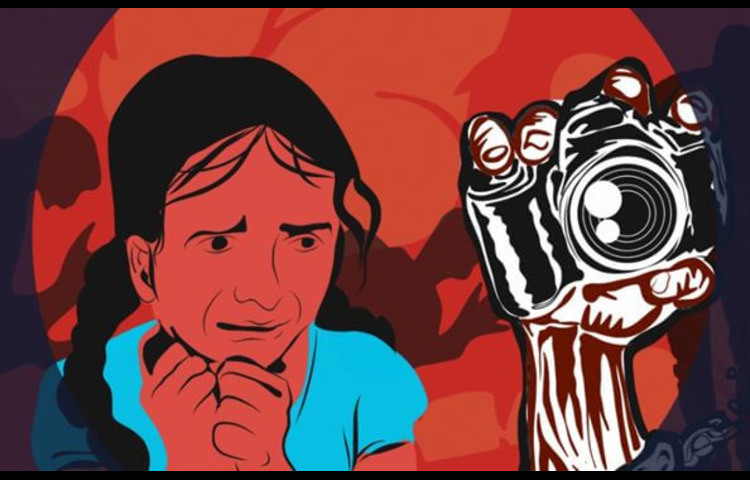Kerala High Court Clarifies: Accidental Download of Child Pornography Not a Crime Without Intent to Share
June 24, 2024 2024-07-05 16:59Kerala High Court Clarifies: Accidental Download of Child Pornography Not a Crime Without Intent to Share

Kerala High Court Clarifies: Accidental Download of Child Pornography Not a Crime Without Intent to Share
By Shazia Siddiqui
In a significant ruling, the Kerala High Court clarified the legal stance on accidental or automatic downloading of child pornography under Section 67B of the Information Technology (IT) Act. The case arose from a petition challenging an order from a Fast Track Special Court in Thrissur. This court had denied the petitioner’s request for discharge, asserting that there was sufficient preliminary evidence to proceed with the case.
The petitioner faced charges under Section 15(2) of the Protection of Children from Sexual Offences Act (POCSO Act) and Section 67B(b) of the IT Act. The prosecution alleged that on February 26, 2023, the petitioner stored and possessed child pornographic material on his Samsung mobile device, which had been downloaded from the messaging app Telegram. The lower court had dismissed the petitioner’s plea for discharge, stating that there was enough evidence to suggest that a crime had been committed and that the case should proceed to trial.
The petitioner contended that there was no proof of sharing or transmitting the illicit material, which is a crucial element under both Section 15(2) of the POCSO Act and Section 67B(b) of the IT Act. He highlighted that the chemical analysis report of his mobile device did not indicate any form of transmission, propagation, display, or distribution of the child pornographic content. The petitioner emphasized that mere possession or storage of such material, without evidence of intent to share or distribute, should not constitute an offence under these sections.
Upon reviewing the case, the High Court delved into the nuances of the legislation. It noted that Section 67B of the IT Act criminalizes the intentional publishing, transmission, or causing the transmission of child pornographic content. The court observed that mere accidental or automatic downloading of such material, without evidence of intent to share or distribute, does not fulfill the criteria for an offence under this section.
The court stated that “automatic or accidental downloading of children engaged in sexually explicit acts or conduct is not an offence under Section 67B, once the specific intention to do so is not established, by the materials which form part of the prosecution records.” This means that for charges under Section 67B to hold, there must be clear evidence of an intent to download such material. Simply having the material on one’s device, if downloaded accidentally or automatically, is insufficient to prove a criminal offence.
Furthermore, the High Court clarified that for an offence under Section 15(2) of the POCSO Act, there must be proof that the accused stored or possessed the material with the intention to transmit, propagate, display, or distribute it. The court found that there was no material evidence indicating that the petitioner had intentionally downloaded or browsed for the child pornographic content.
Given the lack of evidence for intent and the absence of any action to share or distribute the material, the High Court concluded that the charges under both Section 15(2) of the POCSO Act and Section 67B(b) of the IT Act were not substantiated. Consequently, the court ruled in favor of the petitioner, finding that none of the alleged offences were prima facie made out.
This judgment underscores the importance of intent in prosecuting cases under Section 67B of the IT Act and Section 15(2) of the POCSO Act. The High Court’s decision highlights that accidental possession of illegal content, without evidence of intention to distribute or propagate, does not constitute an offence. This ruling provides crucial clarity on the boundaries of liability under these laws, reinforcing the necessity of proving specific intent in cases involving child pornography.
Case Title: Sebin Thomas vs State of Kerala
Neutral Citation: 2024:KER:43756









